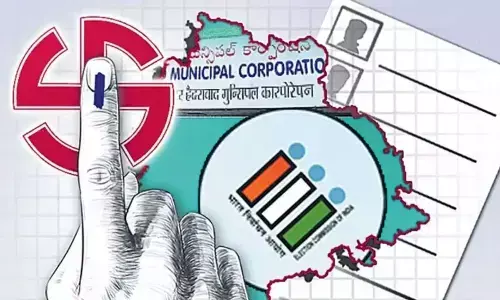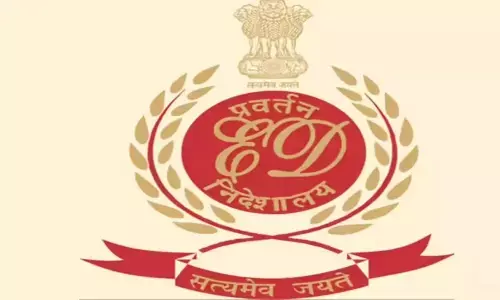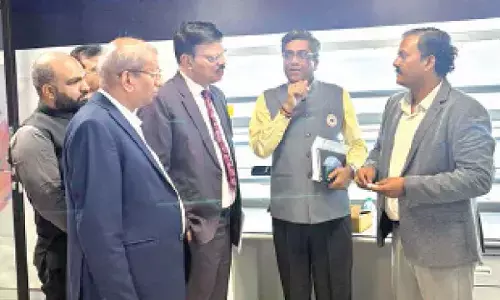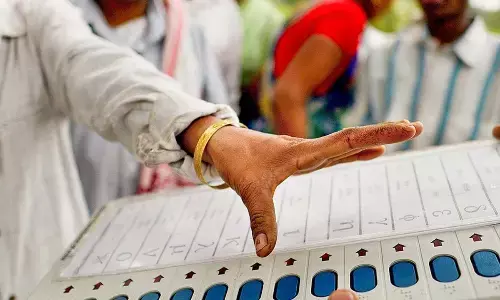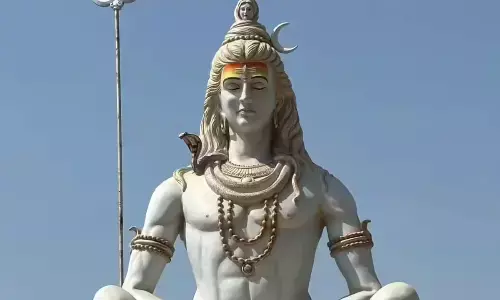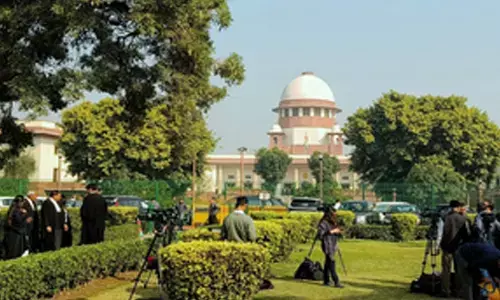Solution to extricate farmers from distress, debt-traps
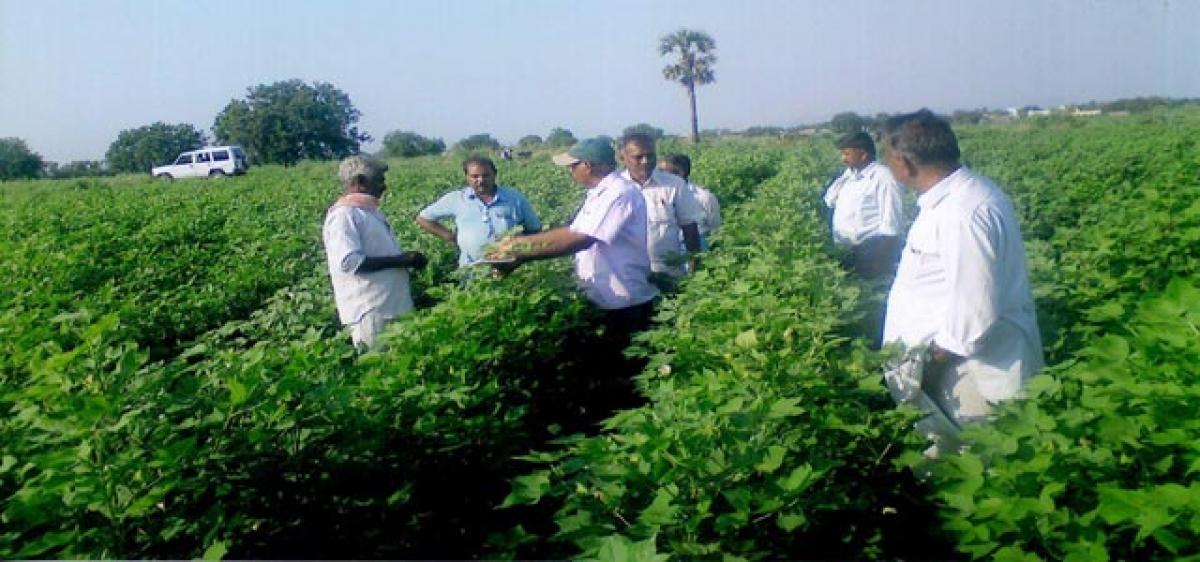
Amaravati: In the backdrop of cotton farmers’ suicides and mass migrations as a result of their getting into debt trap, the Rythu Rakshana Vedika was formed in Guntur to extricate the farmers from this situation.
Amaravati: In the backdrop of cotton farmers’ suicides and mass migrations as a result of their getting into debt trap, the Rythu Rakshana Vedika was formed in Guntur to extricate the farmers from this situation. The Vedika’s objective is to achieve seed sovereignty, reducing cost of production and distributing quality seeds to the cotton growers, said Prof N Venugopal Rao, president of Rythu Rakshan Vedika and retired scientist of Acharya NG Ranga Agricultural University.
Speaking to The Hans India he said that the gene or transgenic revolution which was started in the country a few decades ago has given momentum to new hybrid crop varieties and synthetic chemicals in the agriculture sector which resulted in local farmers losing their rights on the seeds due to Intellectual property rights promulgated by the World Trade Organisation (WTO).
Because of monopoly in the seed and chemicals trade the cost of crop production has become disproportionate to the outcome, he explained. Many farmers, especially cotton producers are in debt trap and the country is witnessing hundreds of suicides and mass exodus due to these developments, he said.
To strengthen the concept of “Mana Kosam Manam”(We for Ourselves) Rythu Rakshana Vedika was formed in the year 2012 and the Guntur district Cotton crop growers mutually aided co-operative society was registered with about 213 cotton growers from26 revenue mandals where cotton is grown intensively, Prof Rao said.
“We have launched training programmes on Integrated Pest and Nutrient managements, cotton seed production and hybridization techniques at Regional Agricultural Research Station (ANGRAU) and Lam Farm. Members of the society were provided new cotton varieties like Narasimha, NDL 1938, Sivanandi and Hybrids like Adoni Surya, which is similar to the popular company produced BT hybrids.
Seeds of inter crops like cowpea, green gram, korra, groundnut and boarder crops like jowar, castor were also provided to them. The member farmers were also supplied with organic fertilizers like town compost mixed with microbial agents so that the role of chemicals can be curtailed and cost of inputs can be reduced,” Prof Rao explained.
The membership of the society has grown year after year and presently it has 1546 registered farmers. Cotton farmers of the neighboring districts have also joined the society and training programmes for their benefit were conducted at Madhira (Khammam district), Tiruvuru (Krishna), Parchur (Prakasam) and Jangaom (Warangal), he said.
“Our activities which are focused on seed sovereignty and low input production have attracted several non-cotton producing area farmers. They have evinced interest in becoming part of this farmers` seed movement. New plant types that are suitable for agronomic-fortification and resilient to weather changes have evolved.
With a view to motivate the farmers of other mandals of the district through mutually aided co-operative concept, societies for rice, pulses and horticulture crop-growers were also registered. New varieties of pulses like black gram, red gram, green gram and rice of Bapatla and Maruturu varieties, chillies (Lam capsicums) developed by public institutes were provided to members of respective societies,” he said.
By T Sudhakar


